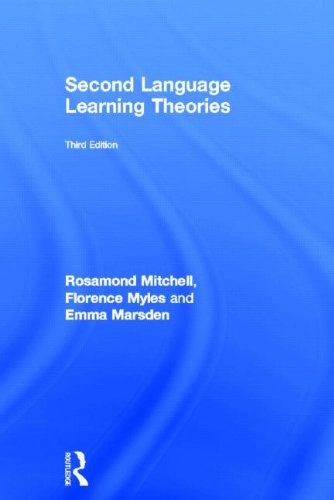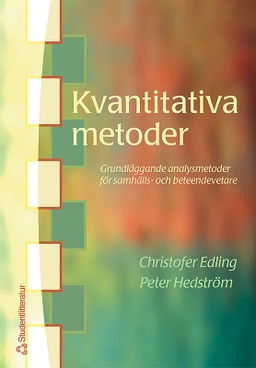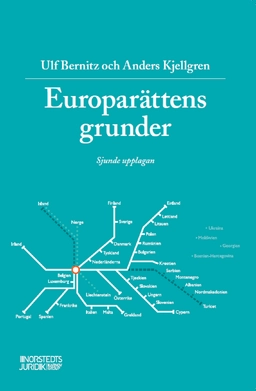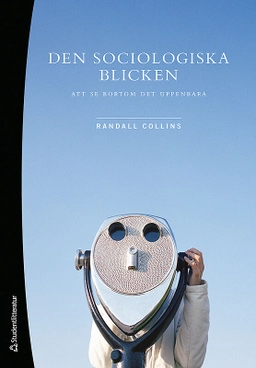

Second Language Learning TheoriesUpplaga 3
- Upplaga: 3e upplagan
- Utgiven: 2012
- ISBN: 9780415825832
- Sidor: 372 st
- Förlag: Routledge
- Format: Inbunden
- Språk: Engelska
Om boken
Second Language Learning Theories is a clear and concise overview of the field of second language acquisition (SLA) theories. Written by a team of leading academics working in different SLA specialisms, this book provides expert analysis of the main theories from multiple perspectives to offer a broad and balanced introduction to the topic.
The book covers all the main theoretical perspectives currently active in the SLA field and sets them in a broader perspective per chapter, e.g. linguistic, cognitive or sociolinguistic. Each chapter examines how various theories view language, the learner, and the acquisition process. Summaries of key studies and examples of data relating to a variety of languages illustrate the different theoretical perspectives. Each chapter concludes with an evaluative summary of the theories discussed. This third edition has been thoroughly updated to reflect the very latest research in the field of SLA.
Key features include:
a fully re-worked chapter on cognitive models of language and language learning a new chapter on information processing, including the roles of different types of memory and knowledge in language learning the addition of a glossary of key linguistic terms to help the non-specialist a new timeline of second language learning theory development This third edition takes account of the significant developments that have taken place in the field in recent years. Highly active domains in which theoretical and methodological advances have been made are treated in more depth to ensure that this new edition of Second Language Learning Theories remains as fresh and relevant as ever.
Åtkomstkoder och digitalt tilläggsmaterial garanteras inte med begagnade böcker
Mer om Second Language Learning Theories (2012)
I december 2012 släpptes boken Second Language Learning Theories skriven av Rosamond Mitchell, Florence Myles, Emma Marsden. Det är den 3e upplagan av kursboken. Den är skriven på engelska och består av 372 sidor. Förlaget bakom boken är Routledge.
Köp boken Second Language Learning Theories på Studentapan och spara pengar.
Referera till Second Language Learning Theories (Upplaga 3)
Harvard
Mitchell, R., Myles, F. & Marsden, E. (2012). Second Language Learning Theories. 3:e uppl. Routledge.
Oxford
Mitchell, Rosamond, Myles, Florence & Marsden, Emma, Second Language Learning Theories, 3 uppl. (Routledge, 2012).
APA
Mitchell, R., Myles, F., & Marsden, E. (2012). Second Language Learning Theories (3:e uppl.). Routledge.
Vancouver
Mitchell R, Myles F, Marsden E. Second Language Learning Theories. 3:e uppl. Routledge; 2012.
Bokens omdöme
Ingen har recenserat den här boken ännu.



















